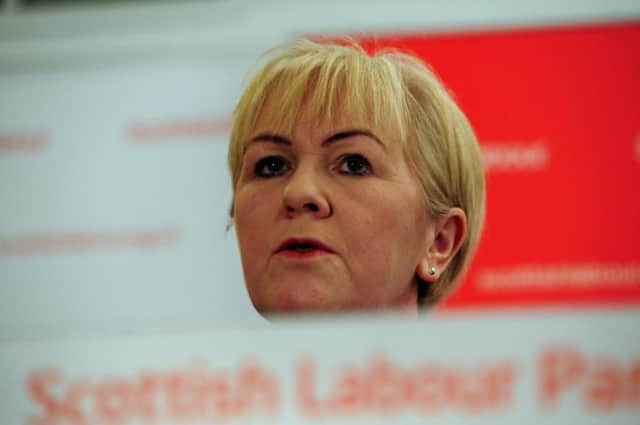Leader: Labour offers new vision for No voters


To its credit, Labour has produced new thinking on devolving welfare, suggesting that responsibility for work programmes, housing benefit and attendance allowance be transferred to Holyrood.
This long-overdue move would end the system by which Westminster controls key aspects of devolved responsibilities such as housing, skills and social care. It would also let a Scottish administration get rid of the unpopular bedroom tax, which has been a totem of the Yes campaign.
Advertisement
Hide AdAdvertisement
Hide AdEqually welcome are proposals which would allow Holyrood to run the domestic rail network on a not-for-profit basis.
Labour’s latest proposals on tax are also a step forward – these powers, judiciously used, would have allowed a Scottish Parliament to offset the worst of the recent years of Tory austerity. But the proposed tax powers are unnecessarily hedged. Compared with the commission’s interim findings – which pointed in the direction of full control over income tax – the latest plan gives Holyrood power over three-quarters of the basic rate and places curbs on the parliament’s control of varying the higher rate.
The clear implication is that a Labour chancellor does not trust a Scottish finance secretary to set the top rate, lest it conflict with UK Labour priorities. That is the very opposite of what devolution is supposed to be about. It is a strange message for Labour to send to voters in the referendum campaign.
In justification, Labour has set its face against full fiscal autonomy lest it lead to tax competition and friction between the UK nations. However, the latest proposals fail to give Holyrood sufficient revenue-raising powers to fund even half of its expenditure. As a result, this is a missed opportunity to produce a Holyrood that could justifiably claim to be truly accountable to the voters who elected it.
The Scottish Conservatives recently committed to embracing more devolution. Their plan is due in May. The Liberal Democrats’ plans have already been published. The pro-UK parties’ case for a new phase of devolution are finally taking shape. If there is a No vote in September these parties – plus the SNP – will have to sit down and form a consensus as to the way forward for Scotland within the UK.
If and when that moment comes, the weaknesses in this Labour proposal would be unlikely to survive the negotiations, but its strengths could provide a solid basis for a deal. This is not a fully-formed template for a new Scotland in the event of a No vote. But it may prove a useful starting point.